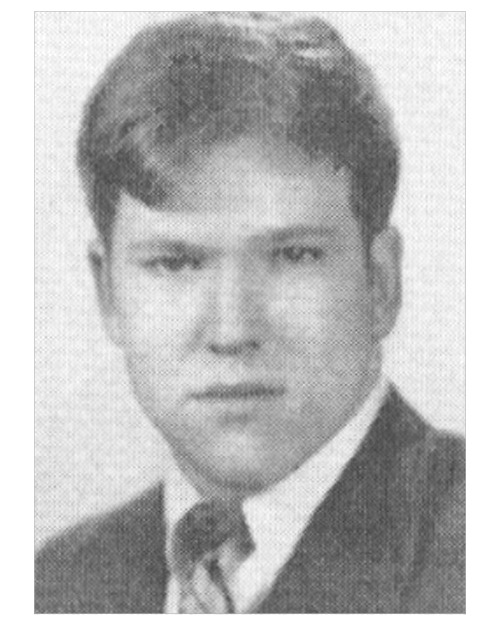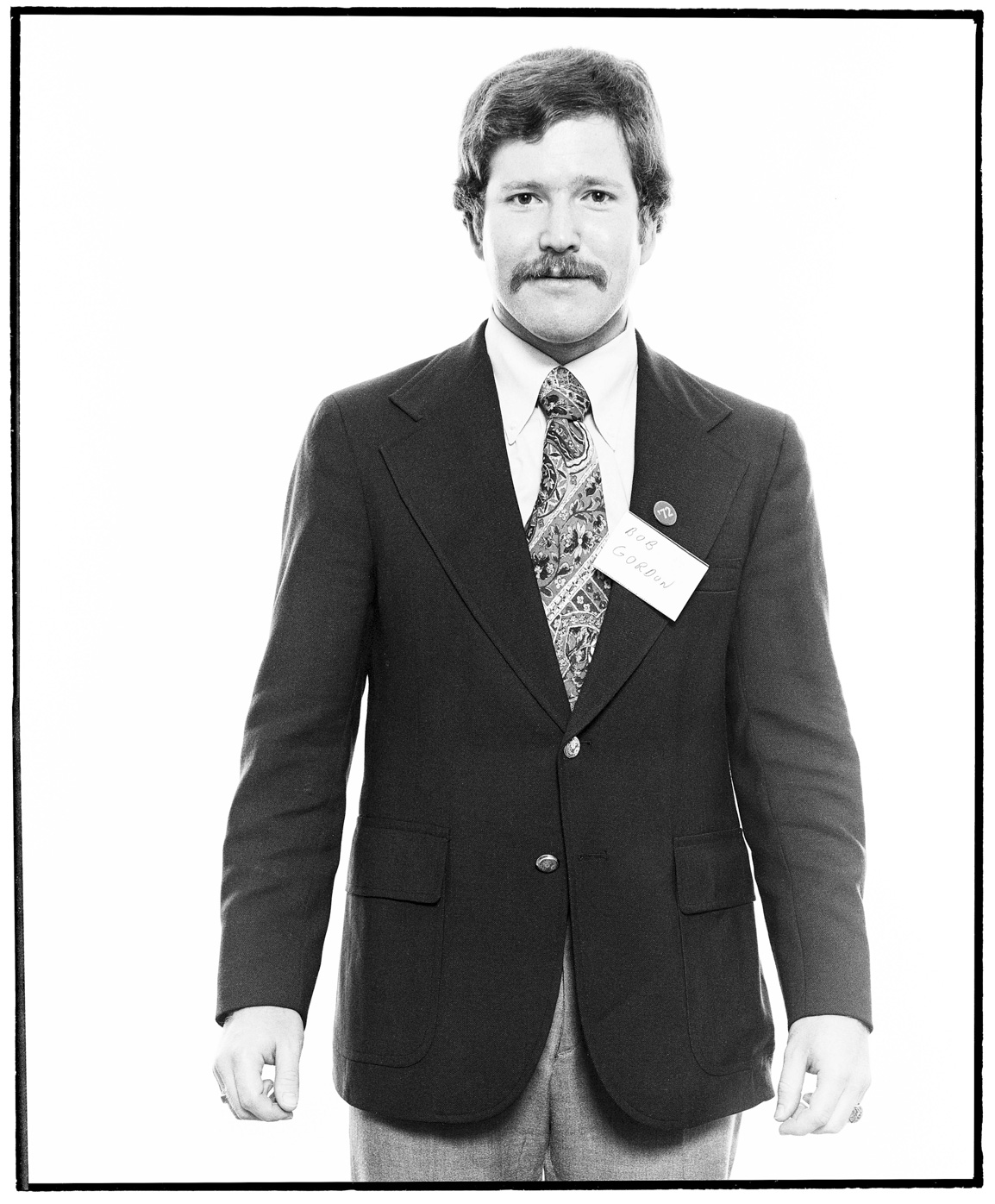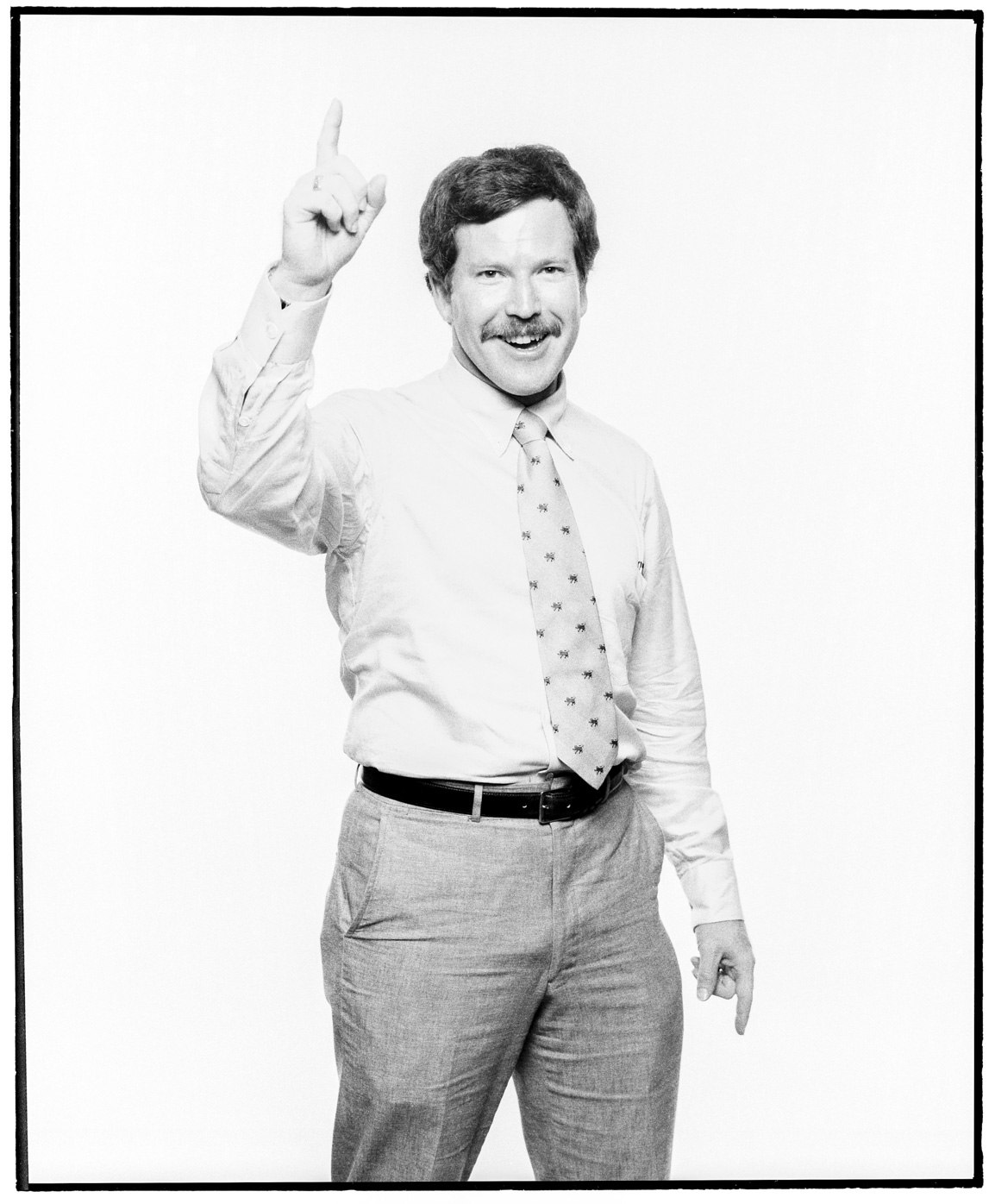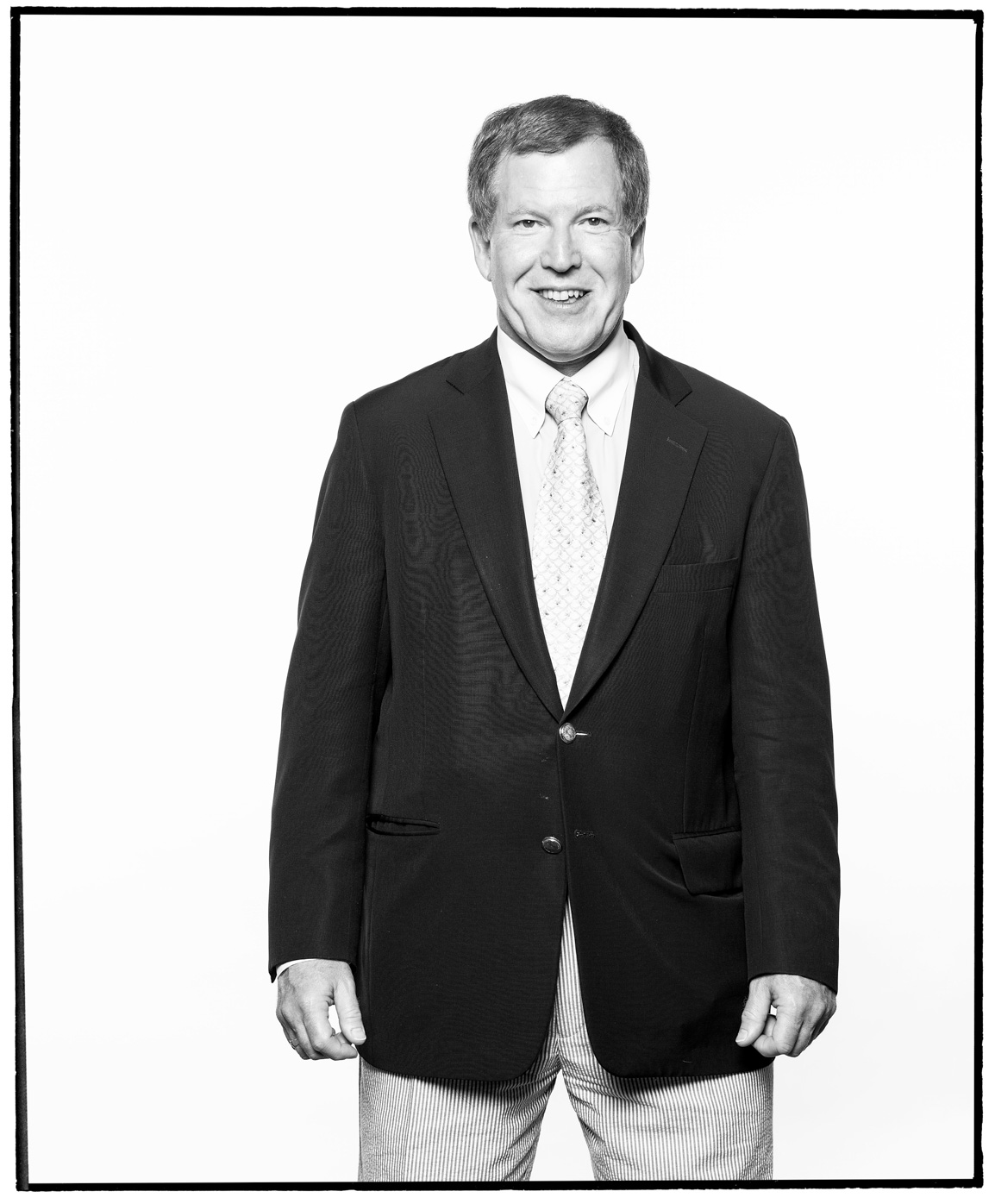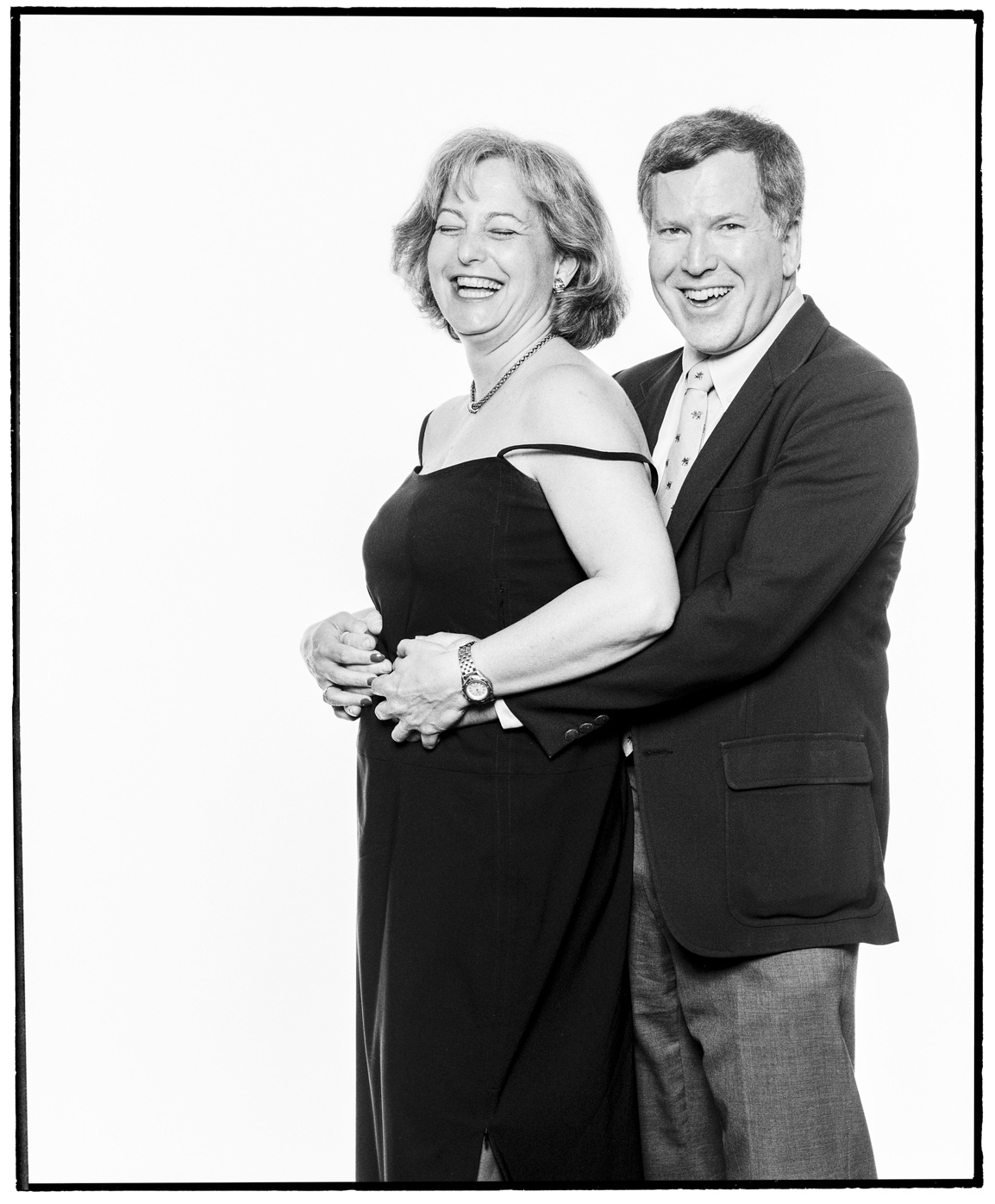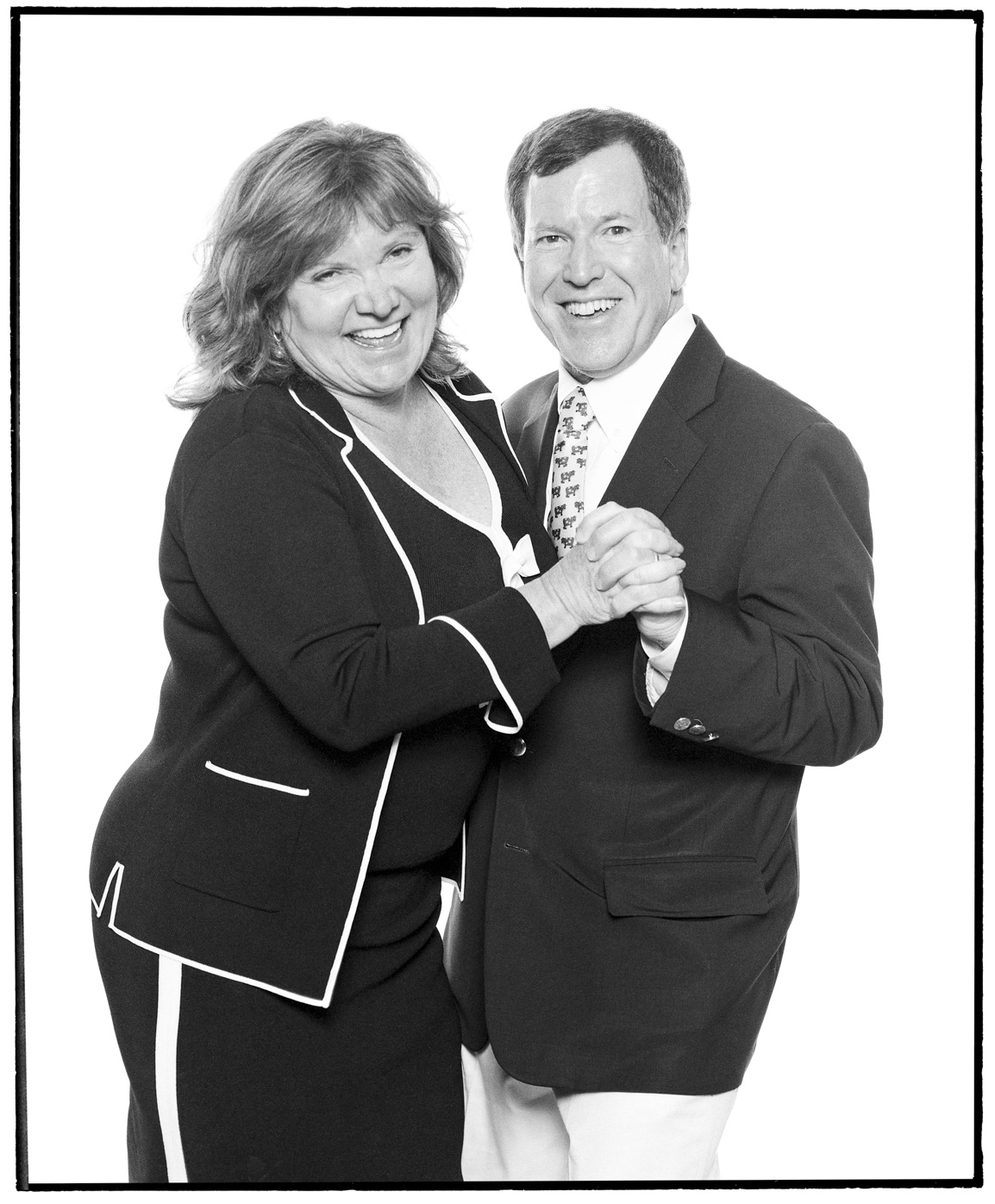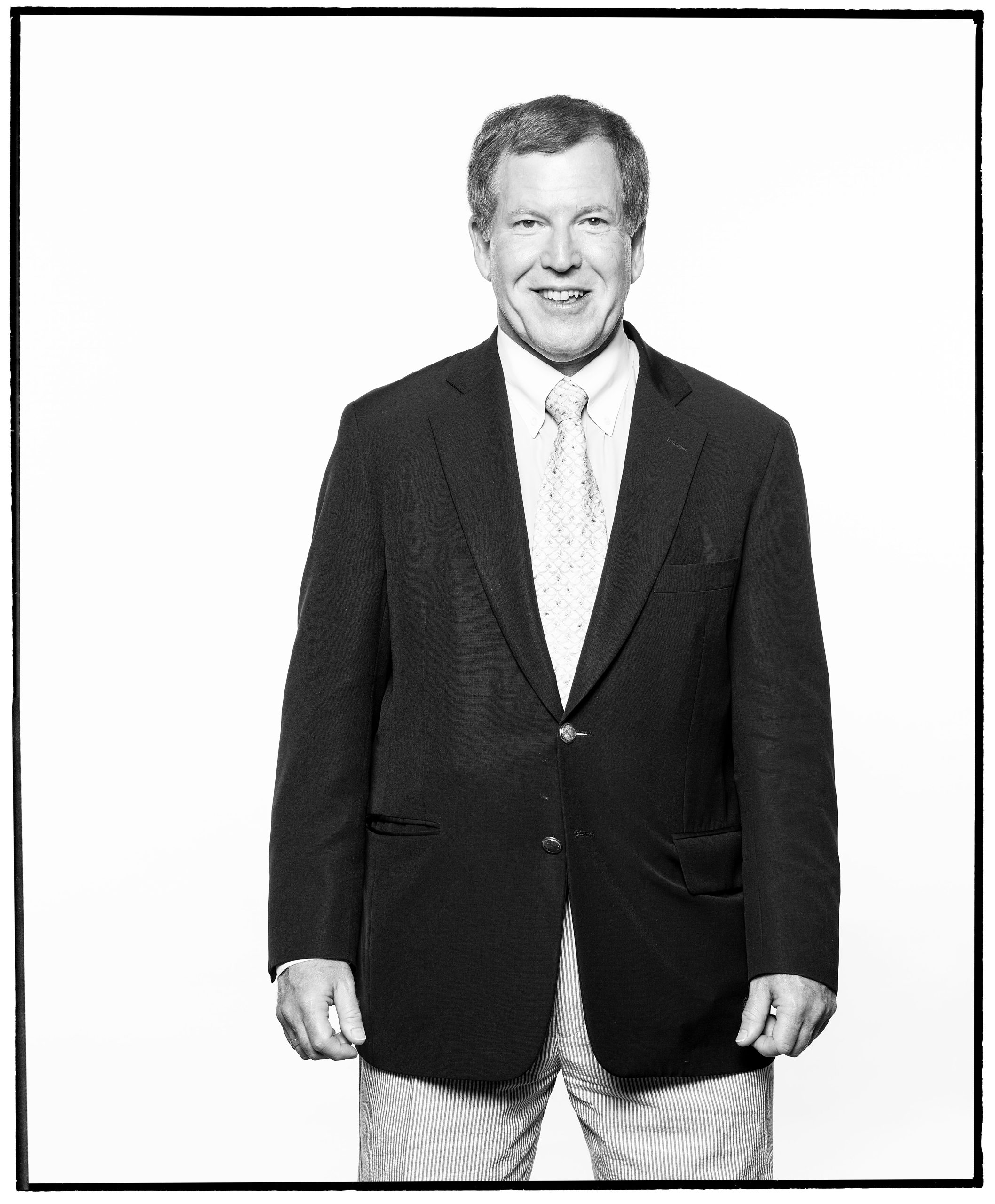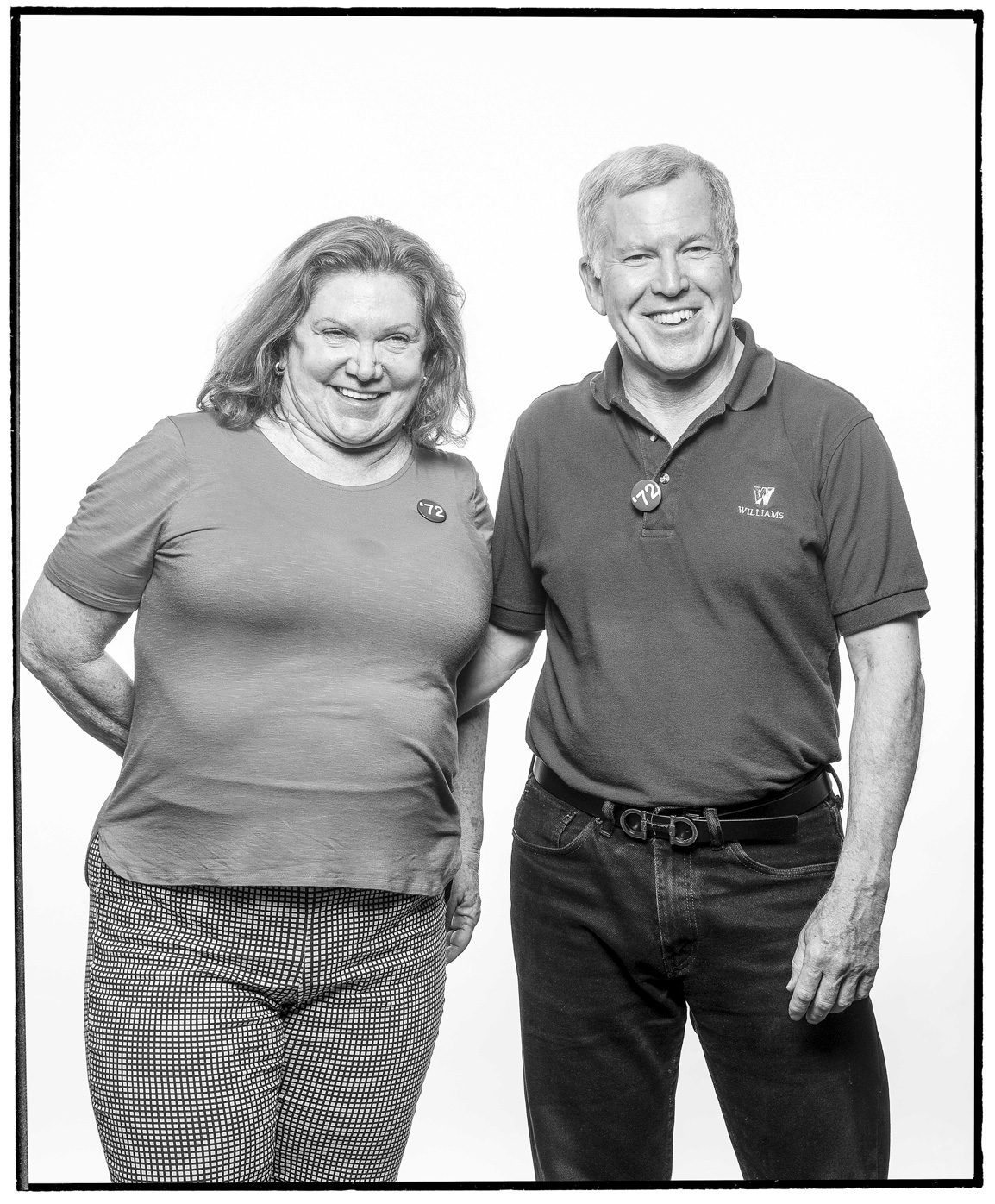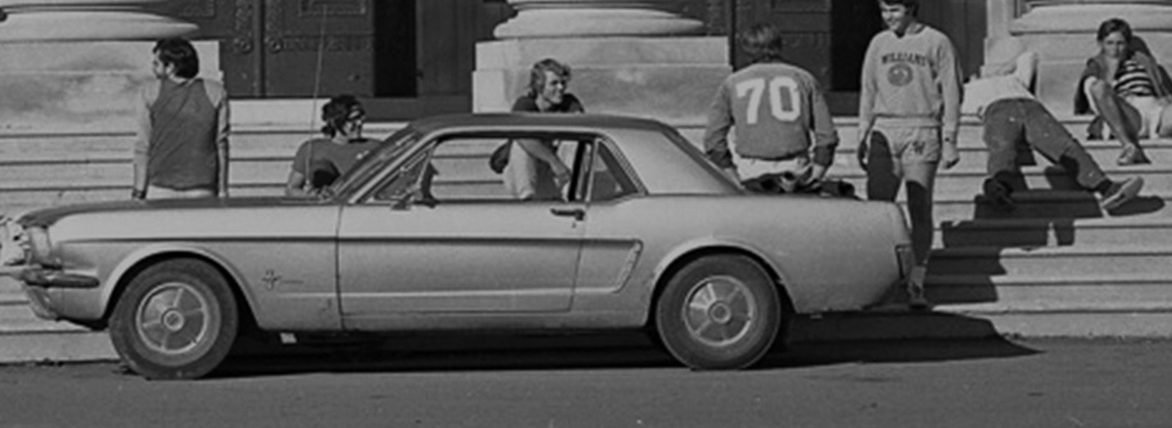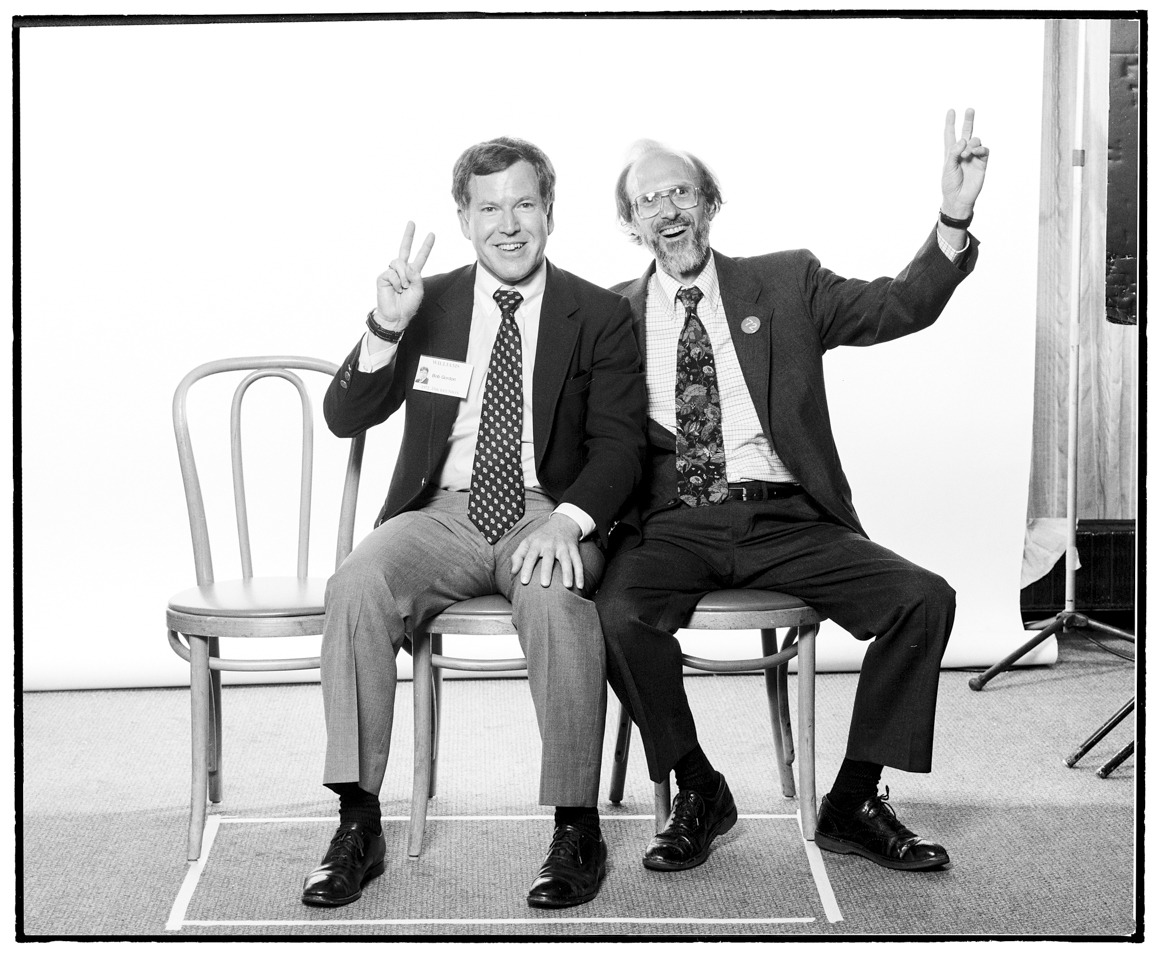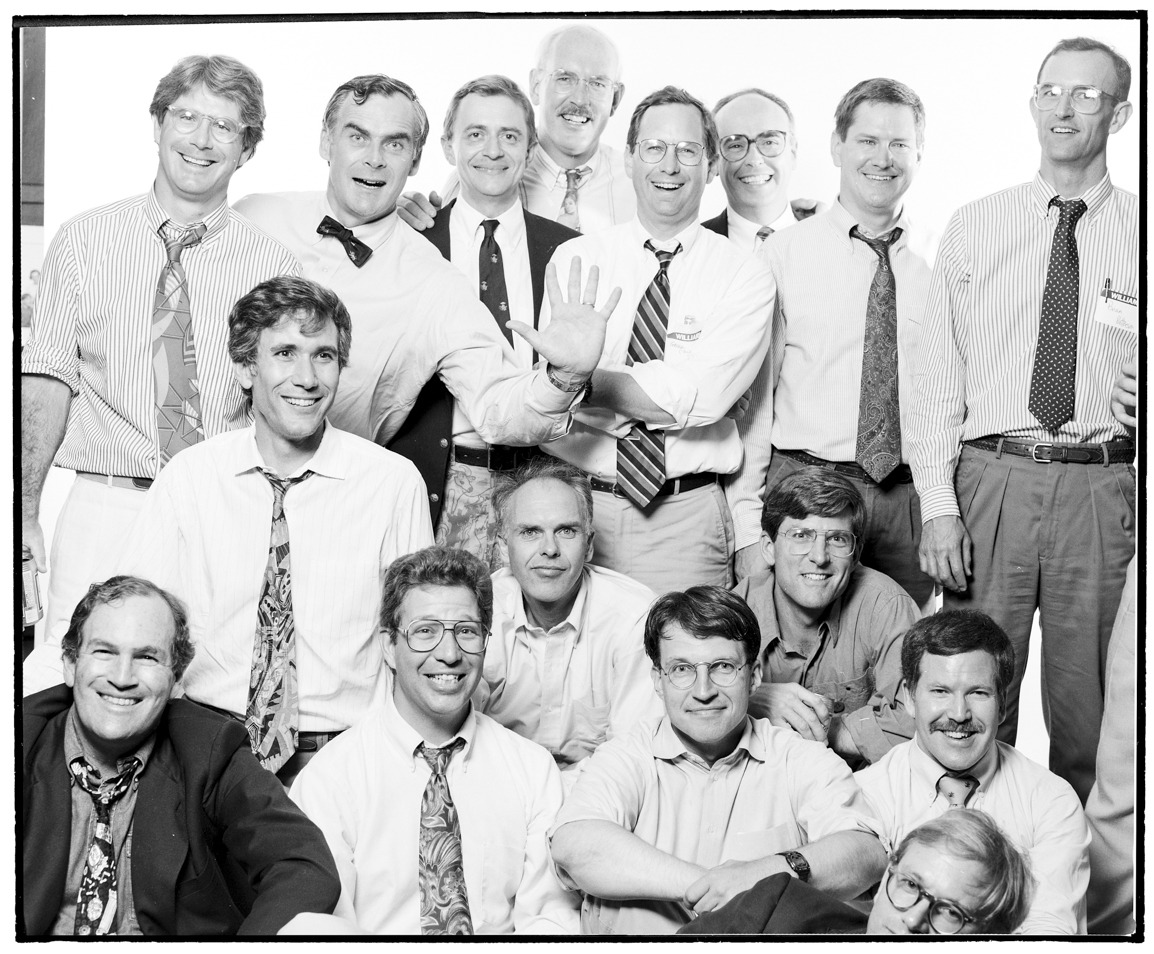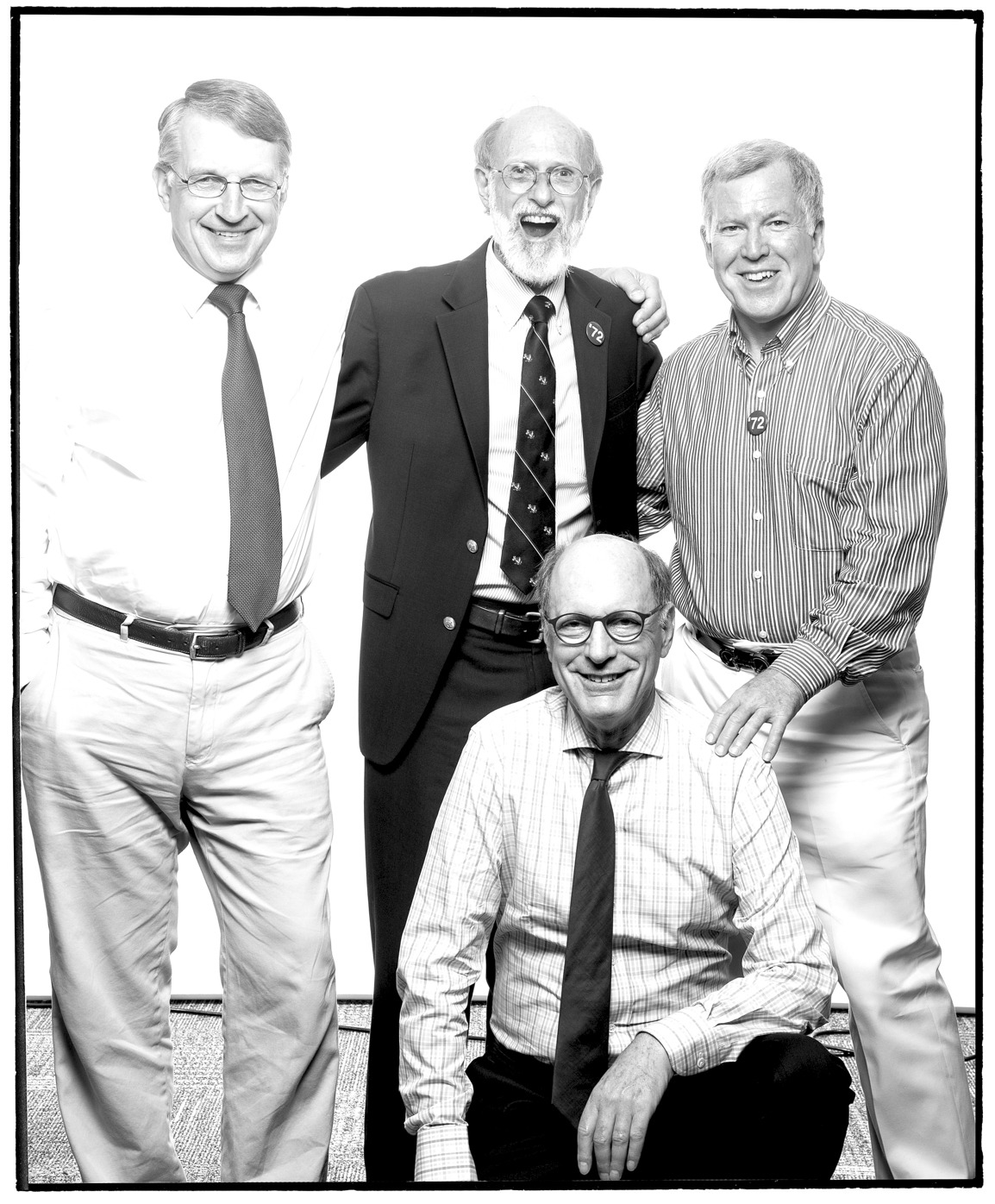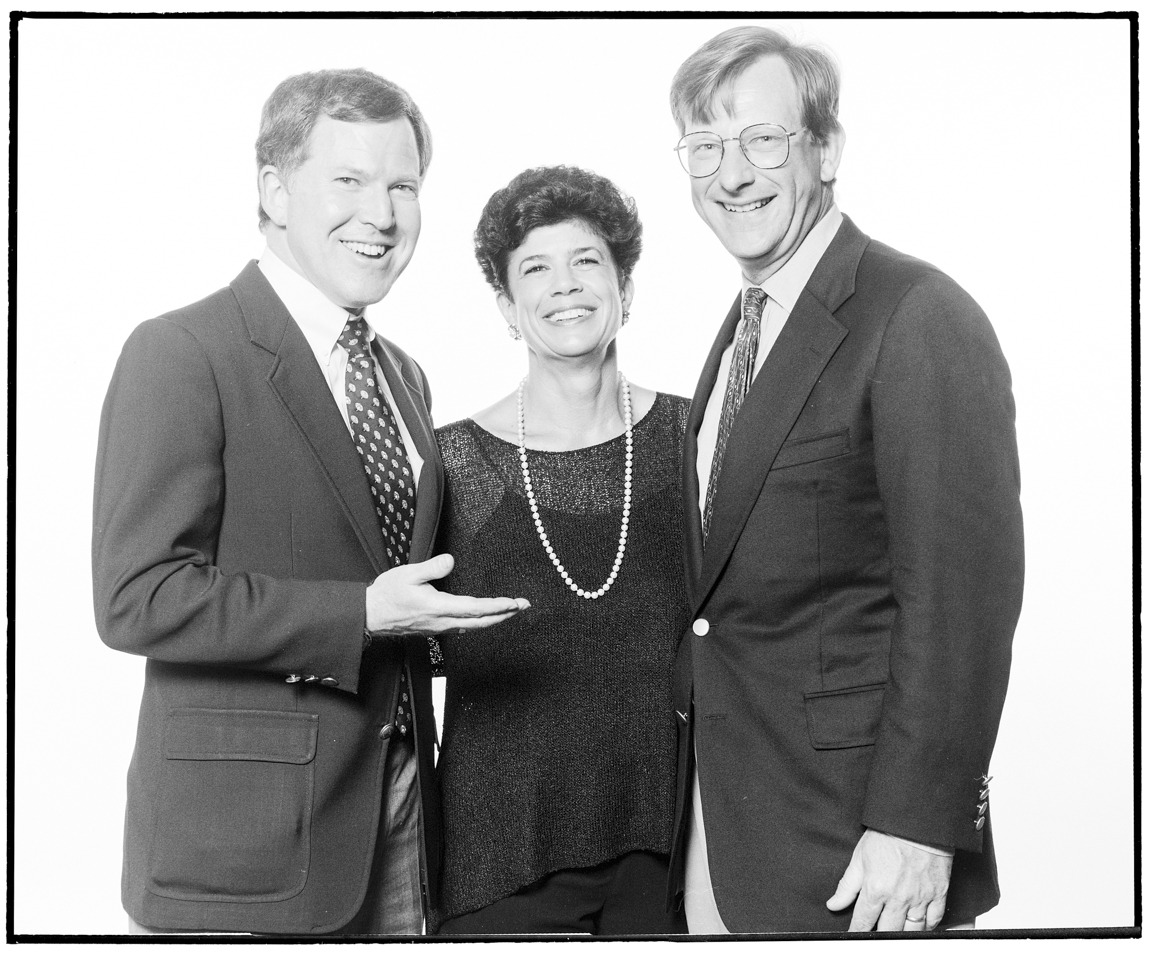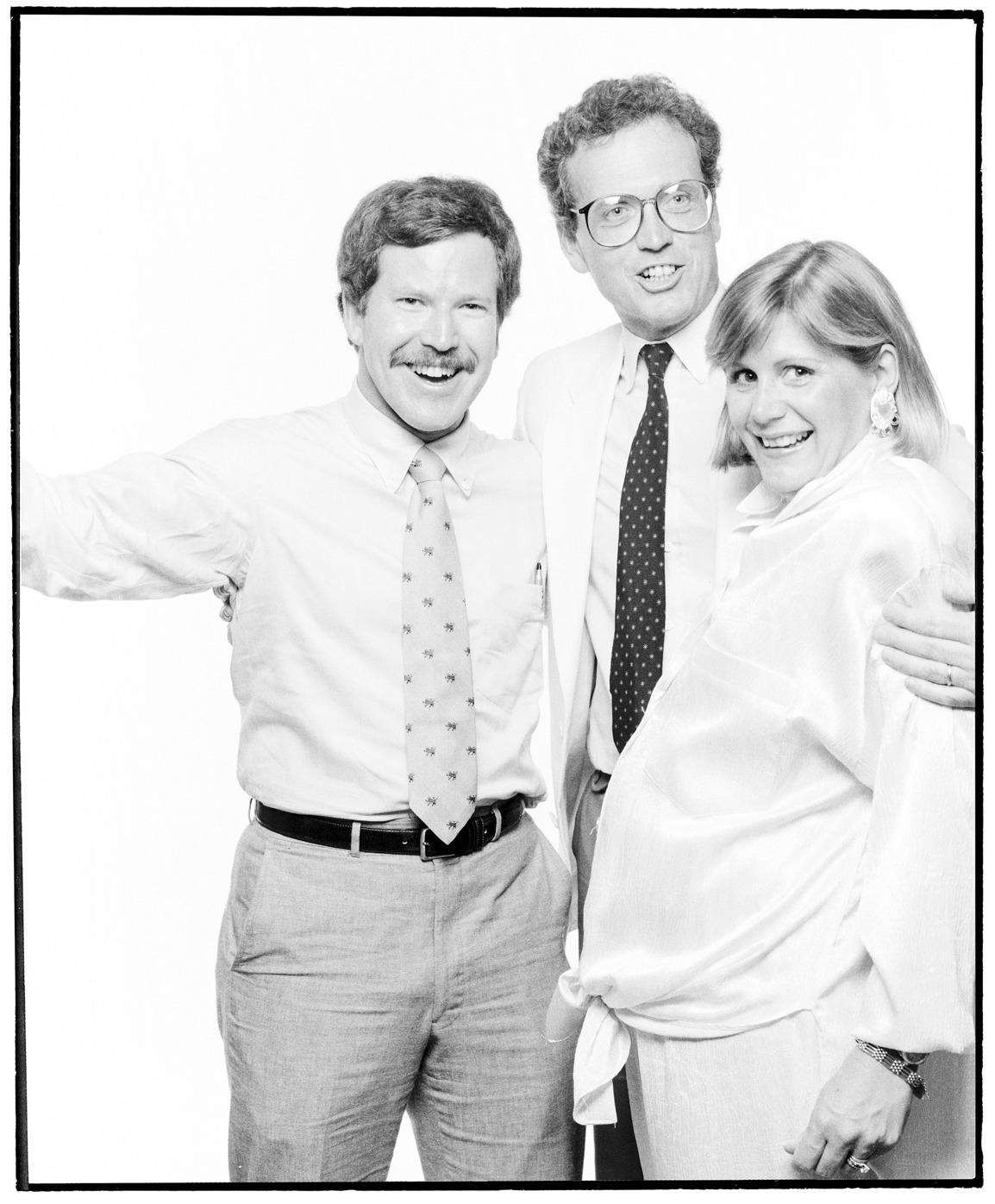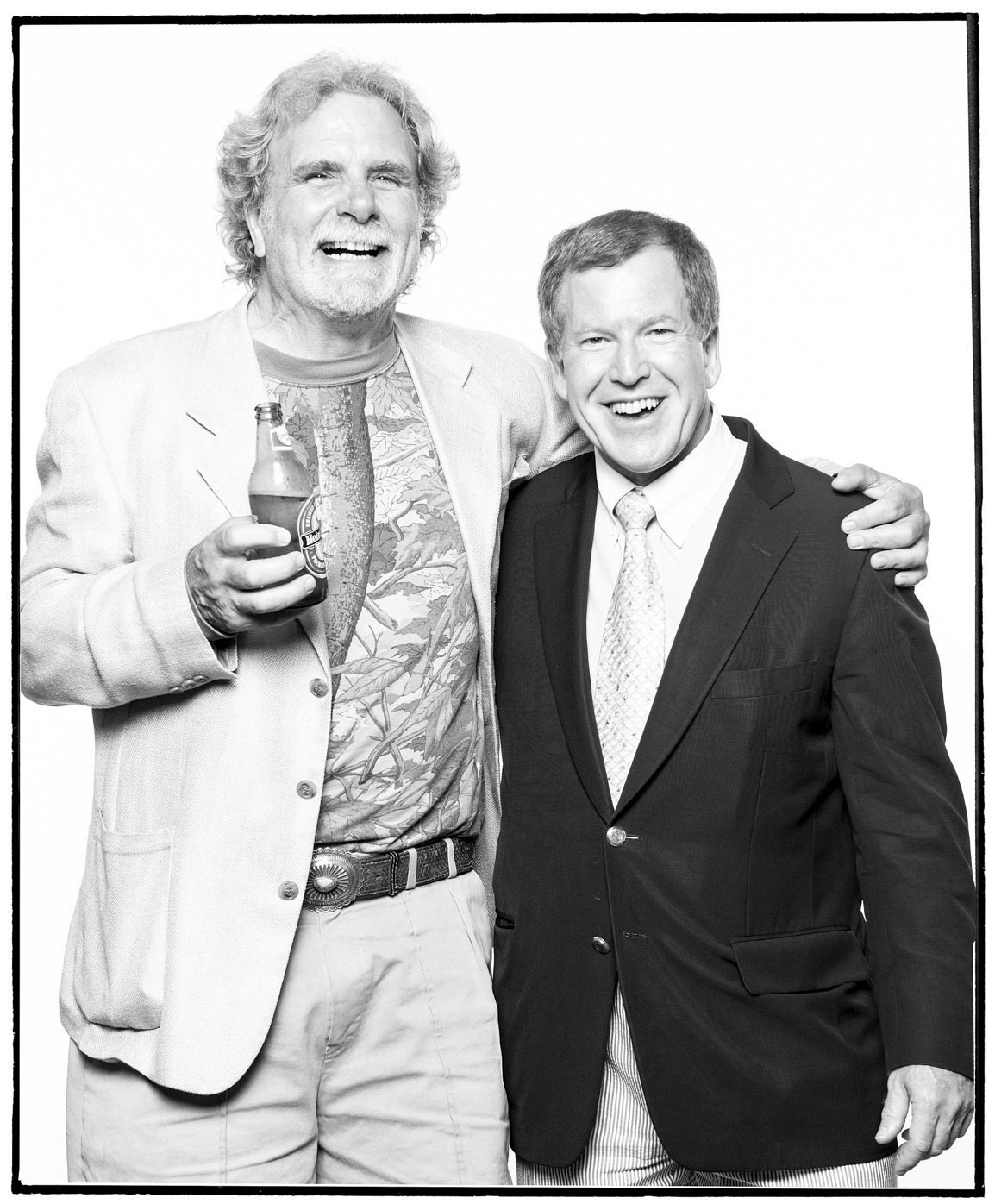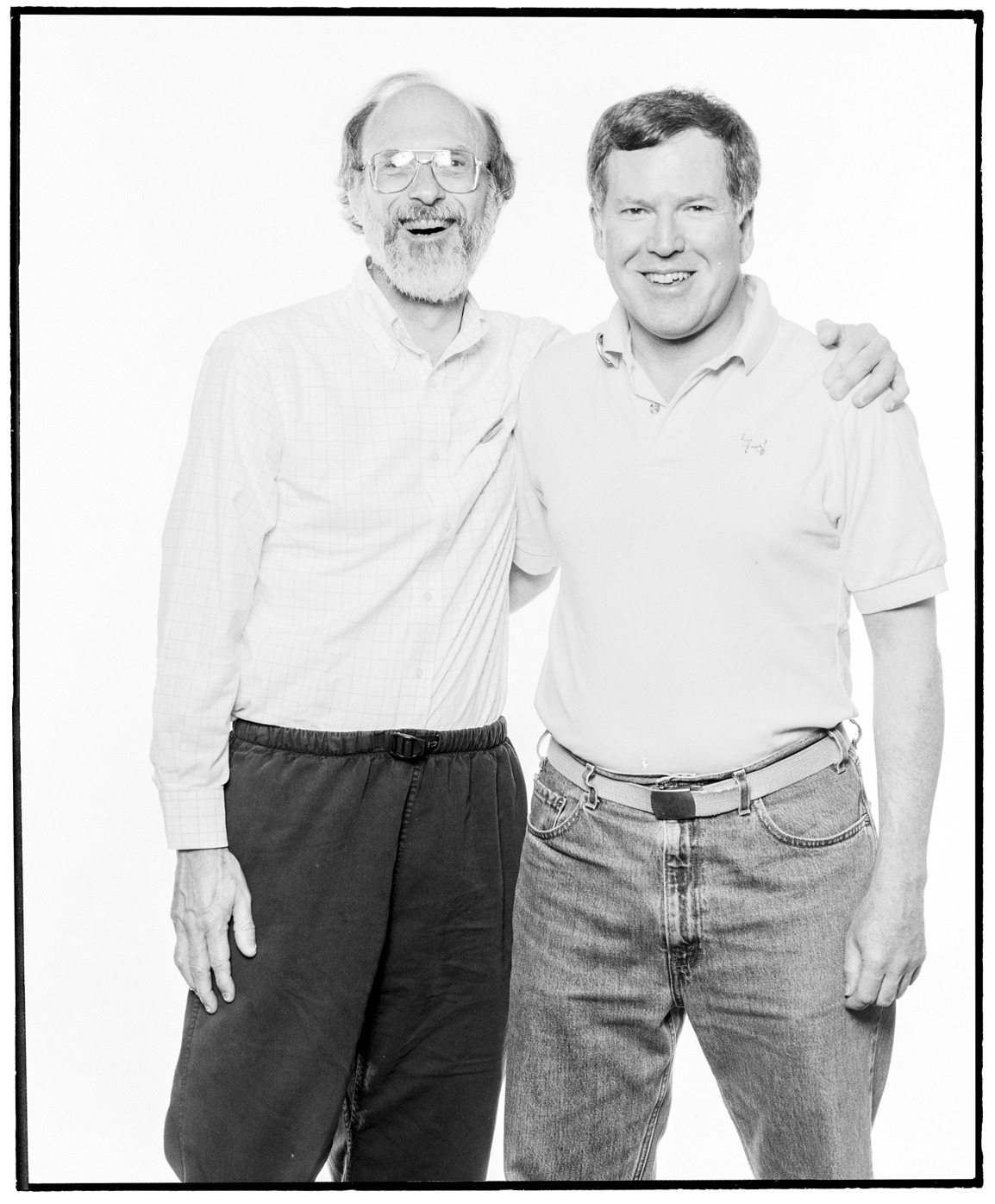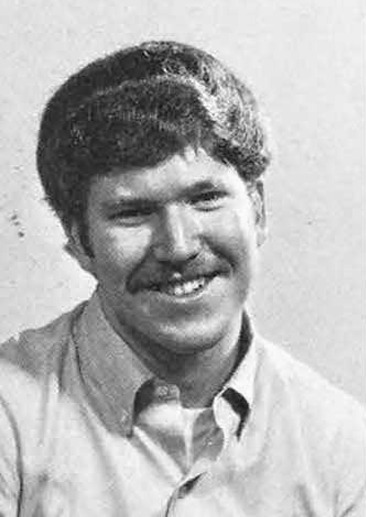
Robert Marlowe Gordon
Fair Lawn, New Jersey
Fair Lawn Senior High School
Prospect House
Political Economy / Environmental Studies; Phi Beta Kappa; Dean’s List; Mead Government Intern; Outing Club 1,2,3,4; Vice President for Conservation 2,3,4; Planning Committee-Williams Habitable Earth Week 2; Member of the College Committee on Physical Facilities 3, Chairman 4; Member of the Editorial Board of the Advocate 3,4; Chairman of Williams Students for Muskie 4; Member, Williams Environmental Action Committee 4
Graduated with Bachelor of Arts, Magna Cum Laude.
Elected to Phi Beta Kappa.
Looking Back on Fifty Years
FAVORITE MEMORIES OF WILLIAMS
Interests: Public policies related to renewable energy, infrastructure, transportation, and health care; New Jersey politics Passions: public service.
WILLIAMS CLUBS / ACTIVITIES
Mead intern program, Williams Outing Club, Earth Day 1970, Committee on Physical Facilities, Williams Advocate, Williams Environmental Action Committee, Williams College Jewish Association
CURRENT INTERESTS, PASSIONS, AND ORGANIZATIONS
Environmental Studies courses with Professors Andy Scheffey, Sheafe Satterthwaite, Carl Reidel, Toby Clark, and Roger Bolton. Summer internships in Washington with my classmates. Helping to organize the first Earth Day on campus. Hiking with the Outing Club. The “Strike” of May 1970.
LIFE SINCE GRADUATION
Williams transformed my life. Aside from the improvements wrought by my late-in-life marriage to Gail, no other experience had a greater impact. Even my marriage was influenced by Williams, since it was Paul Isaac who introduced us. Williams affected the trajectory of my career and blessed me with five decades of friendships that have enriched my life: when I got married at 56, seven of my eight groomsmen were Williams friends.
Sophomore year, I got involved in the “ecology movement.” That led to a broader interest in public policy and a lifetime passion for public service. In 1970, I got a summer internship with the Nixon White House. It was a life-altering experience. I decided I wanted to shape public policy, and given my Nixon experience, I became a Democrat.
After graduation, I was hired as a research assistant at the Brookings Institution, a public-policy think tank in DC, a place where recent graduates could hang out with Nobel laureates. I worked with renowned economists; academically, this may have been the apex of my career. I then attended the public policy program at Berkeley. My graduation in 1975 coincided with the creation of the Congressional Budget Office. For a policy wonk, it was the place to be. I spent two years at the CBO, and while the work was stimulating, something was missing. I decided I would rather make public policy than analyze it. I wanted to run for office myself, but I needed to leave Washington. I earned an MBA at Wharton, after which I returned to my hometown of Fair Lawn, N.J., joined a consulting firm, and got involved in local politics. I was elected to the town council and spent 10 years on the governing body, including three years as mayor. I served on Governor Jim Florio’s staff and wrote a book on N.J. state government. In 1996, after an ill-advised race for Congress against my party’s candidate, I was cast out in the political wilderness and returned to the private sector.
I worked for several consulting organizations and ran the family yarn factory. After seven years in political exile, I yearned to return to public life and convinced the party leadership to take me back. The legislative map had been redrawn, and Fair Lawn was now in a new, competitive district. The Democrats needed a legislative candidate with a strong base there. I was nominated, ran for the General Assembly, and won.
I served 14 years in the Legislature, including ten in the Senate, and won nine elections. In the Senate, I rose to majority conference leader and chaired key committees. As oversight chair, I conducted hearings on NJ Transit and the Port Authority of NY and NJ, and advanced legislation that reformed both organizations. I led a bipartisan effort that secured $3.5 billion for a new Port Authority bus terminal. Other priorities were mental health, environmental protection, and community association reform.
In 2018, the governor appointed me commissioner of the Board of Public Utilities. The BPU regulates the state’s investor-owned utilities and is directing the effort to expand renewable energy. I’m involved in initiatives to develop offshore wind, electrify transportation, and modernize the grid. In 2020, I was appointed to the board of NJ Transit, the nation’s third largest mass transit system.
I’m a late bloomer, and my most satisfying experiences have occurred late in life. Last year, Fair Lawn dedicated a housing complex in my name. The most significant development has been my marriage to Gail. We met in the 1980s, dated briefly, and went our separate ways after she concluded I was not marriage material. We reconnected in 2003 when I asked for a campaign contribution. She responded with $150 and a note stating it was her first and last contribution to a Democrat. The relationship was rekindled, and we got married in 2006. She is a prominent Republican, but our political differences are more than offset by the benefits of the union. We have a happy life.
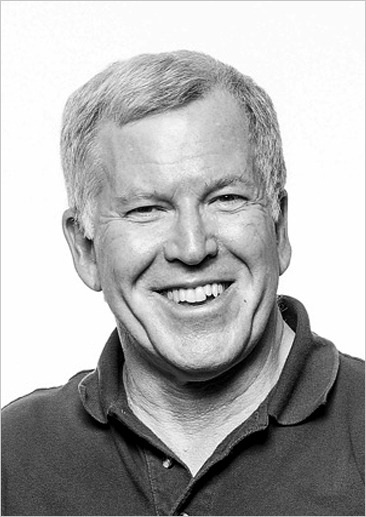
MAJOR
Political Economy,
Environmental Studies
OTHER DEGREES SINCE GRADUATING
Master of Public Policy – University of California at Berkeley
Master of Business Administration, Finance and Healthcare Management – Wharton Business School, University of Pennsylvania
CURRENT RESIDENCE
Fair Lawn, New Jersey
SPOUSE OR PARTNER
Gail Balph Gordon – Carnegie Mellon, BA; Duquesne Law School, JD
